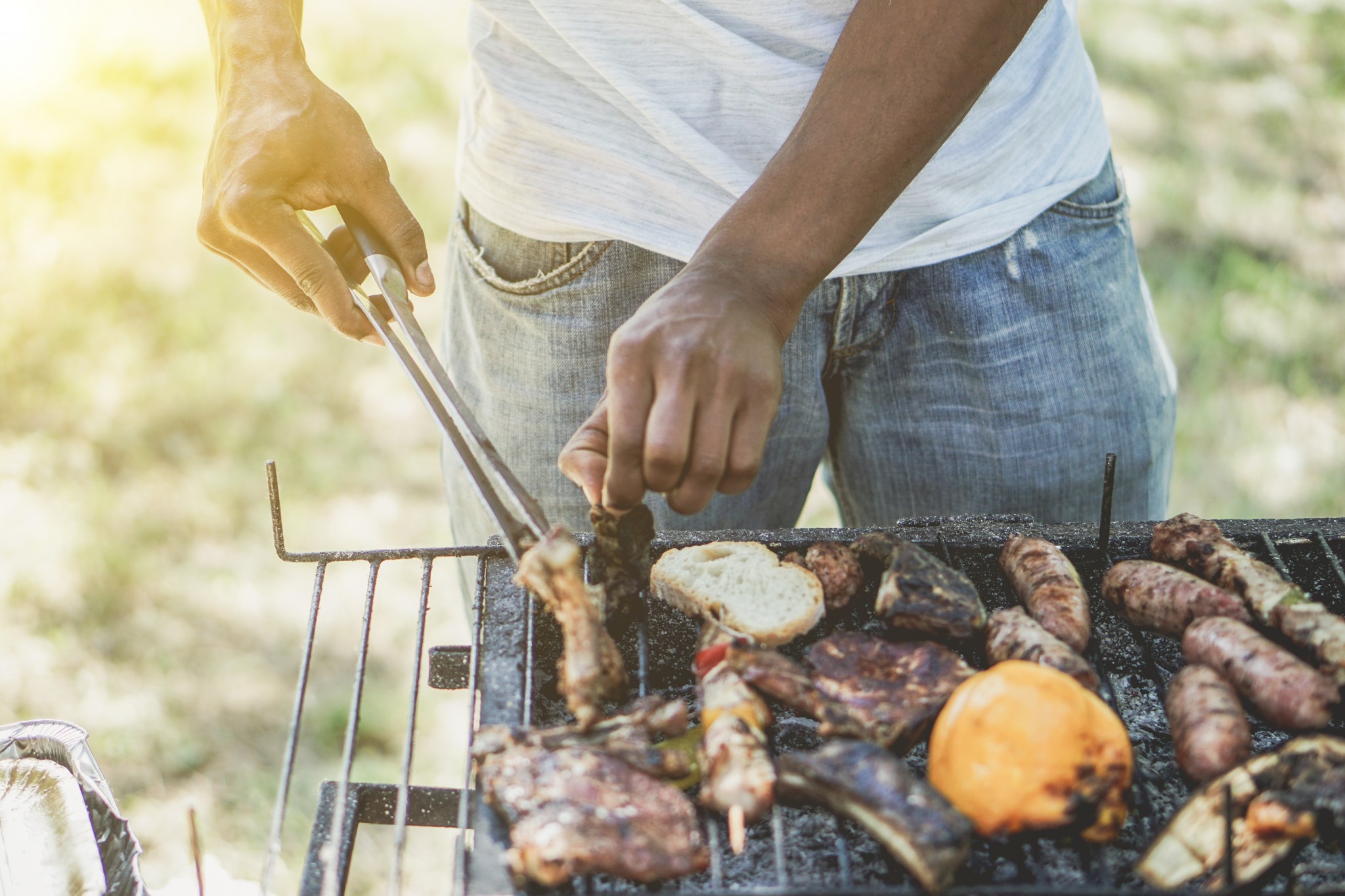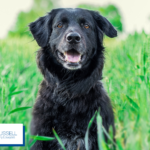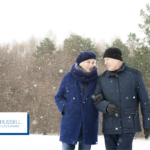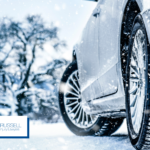There are few things that go better with a summer evening than a cold beverage and barbecue. But barbecues can cause serious injury if they aren’t used properly. To help keep your summer full of delicious barbecue, as well as safe for you and your loved ones, here are some tips from The Government of Canada:
- Do a safety check
Before you start barbecuing it’s important to do a safety check of your grill—especially if it hasn’t been sitting unused for a long period of time. Look for blocked burners, damaged seals and leaks in the hoses or fittings. To check for leaks in the hose or fittings coat the hose and fittings with a soapy water solution. If bubbles form and grow that’s a sign of a leak.
Also, make sure your grill is clean. Cleaning excess grease or fat build-up on your barbeque can remove a source of fuel for dangerous flare-ups and help keep you safe.
- Make sure it’s in a safe location
How you position your grill can prevent a fire from happening. Barbeques should be used outdoors (not indoors or under overhangs, enclosures, etc.) in a well-ventilated area and be at least three meters away from any building on an even surface. Also, keep an eye out for other items nearby that could catch fire, like umbrellas or hanging baskets.
- Turn on with caution
Before you even think about grilling it’s important that you have read the instructions that came with from the barbecue’s manufacturer to get to know your grill and how to operate it properly.
While going about lighting your barbeque never have the lid closed or lean over the barbeque. If you’re using a gas-powered grill and it doesn’t light right away turn off the gas valve and wait for the gas to go away before re-lighting.
- Have the proper tools handy
Preventing an injury can only happen if you’re ready. Make sure you prevent burns by cooking with long-handled utensils and heat-resistant mitts. Have a spray water-bottle handy to help manage flare-ups and a fire extinguisher close in case of a fire.
Also, be very careful while using metal-bristled barbeque brushes. The bristles can come loose, stick to your grill and eventually end up in your food—which can result in serious digestive injuries. Inspect your brush and your grill carefully for loose bristles, throw away brushes when you notice bristles becoming loose, replace brushes often and consider buying non-metal barbeque brushes.
- Pay attention
While you’re barbequing never leave the grill unattended and be aware of how much food you are loading onto it. If a fire starts they spread quickly, so your grill needs constant attention. Also, over-loading your grill (especially with fatty meat) can cause an excess of oil or grease and create large flare-ups.
If you have been injured, and need legal assistance, call #1000 on your cell phone for free. We will offer you a free claim assessment.






